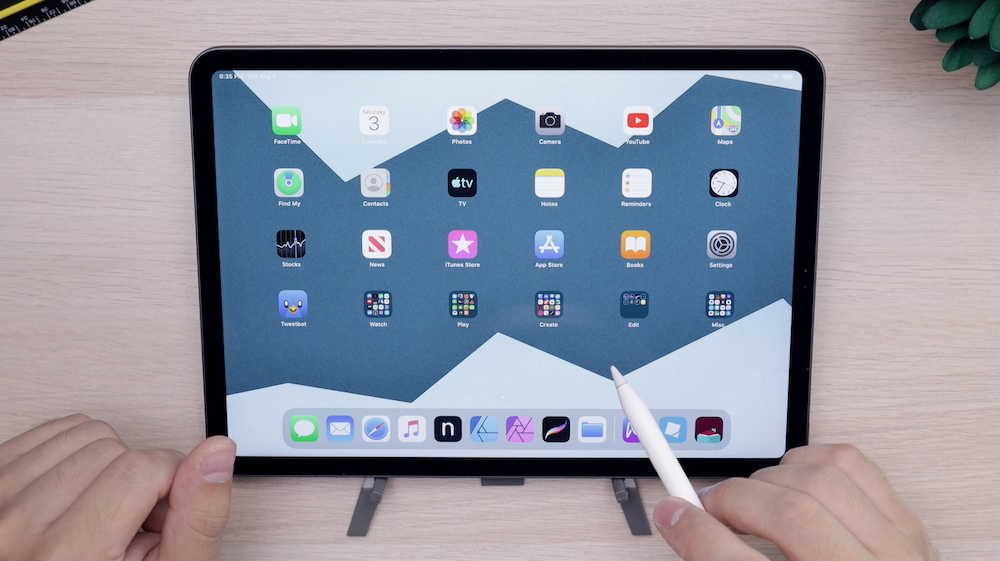Email Address: contact@softwareistic.com | Phone Number: (844) 970-3900
Email Address: contact@softwareistic.com | Phone Number: (844) 970-3900

Now that everything is shifting to an online realm, having a successful and effective mobile and web application is important for ensuring your business succeeds and keeps your customers engaged.
Whether it’s for shopping online, social networking, or productivity, applications have transformed the way businesses operate and interact with technology.
When designing an application, developers focus on several aspects. However, making it intuitive and human-centric is what makes it truly impactful.
This is what helps boost sales and promote customer engagement. Whether you’re planning to develop a mobile or a web application, developing a deeper understanding of the different facets that make it effective can help you take your business to new heights.
Read on to learn the most important differences between mobile and web applications.
Mobile applications are specifically designed for a particular operating system like Android or iOS. This allows the application to be easily accessed through compatible devices.
Web applications, on the other hand, are typically platform-independent and can be accessed through any web browser.
All you need is a device with an internet connection.
This is what makes web applications more accessible to a broader audience without the requirement for a specific operating system.

Another key difference between mobile and web applications is the installation process and the instant access. Mobile applications require installation from app stores, which can be complicated for users who have limited phone storage space and are wary of downloading too many applications.
Web applications don’t require installation but can be easily accessed through a web browser. Users can visit a website and easily use the application immediately.
This is what makes web applications more accessible. Web applications are more convenient to use for users who don’t want to clutter their phones with app downloads.
Companies building a mobile app typically hire a developer with professional programming skills.
Mobile applications can be of two types:
Native mobile applications are constructed with the designated language for these selected operating systems. Native apps are more beneficial for use since they enable hardware access on the device they’re installed in.
They also enable features like:
Mobile native apps are also very flexible compared to web apps. They can be created using a combination of JavaScript, HTML5, and CSS.
Web applications are constructed using two coding languages: JavaScript and CSS. A combination of these codes helps to handle sending, receiving, and storing information.

Another key difference between mobile and web apps is their ability to function offline. Mobile apps are designed to work without an internet connection once they are installed on your device, making them suitable for scenarios where connectivity is unreliable or unavailable.
Web apps, on the other hand, rely on an internet connection, and their functionality may be limited or non-existent when offline. If offline functionality is crucial for your application, mobile apps are the better choice.
Here are some benefits of offline functionality:
When it comes to app performance and user experience, mobile applications are smoother and faster compared to web apps. Users can take full advantage of device-specific features and hardware that result in faster loading times and more responsive interactions.
Web applications can have limited capabilities because of the internet connection speed. The speed and functionality of web applications largely depend on the internet connection quality. Poor connectivity means extended loading times and slowed navigation.

The choice between mobile apps and web apps comes down to your unique goals and requirements.
Mobile applications offer a native experience that is tailored to your particular operating system. These applications can leverage device-specific features like camera, GPS, and notifications for an immersive and seamless user experience.
Mobile apps are often preferred by businesses that want to regularly engage users and want to build brand loyalty. These apps are also beneficial for businesses promoting productivity tools and gaming.
Web applications do not require installation and can be accessed through a web browser and a working internet connection. They aren’t just cost-effective but also benefit businesses that require rapid development and are operating on a limited budget.
Web apps work best for content-based platforms like e-commerce and news sites since they can help these businesses reach a wider audience.
Here are some factors you can consider when making the decision:
Now that you’re ready to build a high-quality application, it’s time to partner with our professional mobile app developers to get started.
At Softwareistic, we offer a wide range of utilities and resources for companies looking to achieve their corporate goals with high-quality mobile applications. Our leading iOS app development agency can provide advanced technological solutions that meet your unique needs and requirements.
Contact us today to learn more.